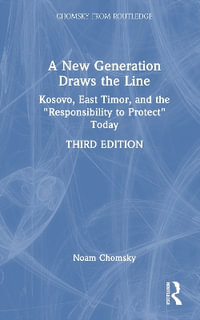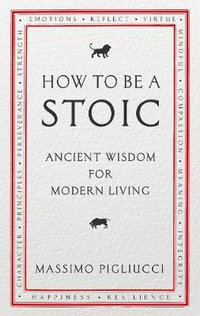
The Moral Force of Indigenous Politics
Critical Liberalism and the Zapatistas
By: Courtney Jung
Hardcover | 11 September 2008
At a Glance
Hardcover
RRP $143.95
$125.75
13%OFF
Aims to ship in 7 to 10 business days
ISBN: 9780521878760
ISBN-10: 0521878764
Series: Contemporary Political Theory
Published: 11th September 2008
Format: Hardcover
Language: English
Number of Pages: 366
Audience: Professional and Scholarly
Publisher: Cambridge University Press
Country of Publication: GB
Dimensions (cm): 22.9 x 15.2 x 2.1
Weight (kg): 0.6
Shipping
| Standard Shipping | Express Shipping | |
|---|---|---|
| Metro postcodes: | $9.99 | $14.95 |
| Regional postcodes: | $9.99 | $14.95 |
| Rural postcodes: | $9.99 | $14.95 |
How to return your order
At Booktopia, we offer hassle-free returns in accordance with our returns policy. If you wish to return an item, please get in touch with Booktopia Customer Care.
Additional postage charges may be applicable.
Defective items
If there is a problem with any of the items received for your order then the Booktopia Customer Care team is ready to assist you.
For more info please visit our Help Centre.
You Can Find This Book In
This product is categorised by
- Non-FictionPolitics & GovernmentPolitical Control & FreedomsHuman Rights
- Non-FictionSociety & CultureSocial GroupsEthnic StudiesIndigenous Peoples
- Non-FictionPolitics & GovernmentPolitical Science & Theory
- Non-FictionHistorySpecific Events & Topics in HistoryRevolutions, Uprisings, Rebellions
- Non-FictionPolitics & GovernmentPolitical ActivismRevolutionary Groups & Movements
- Non-FictionHistorySpecific Events & Topics in HistorySocial & Cultural History
- Non-FictionHistoryRegional & National HistoryHistory of the Americas
- Non-FictionPhilosophySocial & Political Philosophy
- Non-FictionSociology & Anthropology























